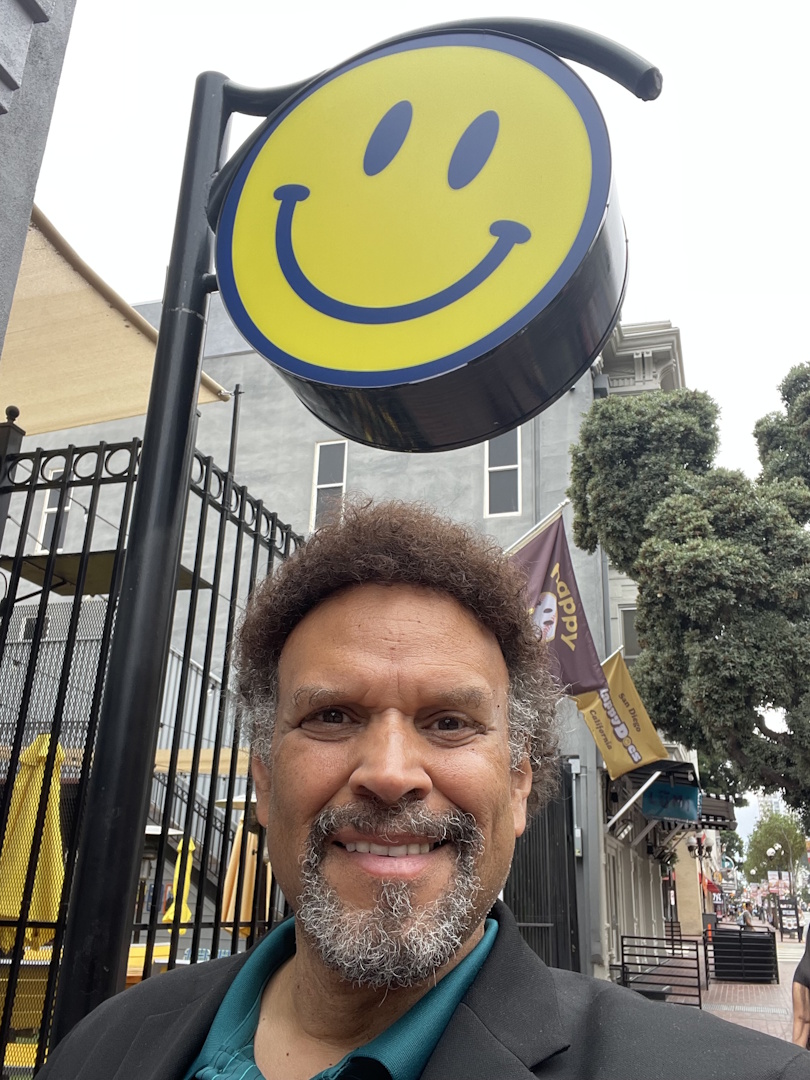Challenger Deep: Author Neal Shusterman’s 2015 BGHB Fiction Honor Speech
I can’t even begin to express how thrilled I am to accept this honor for Challenger Deep.
 I can’t even begin to express how thrilled I am to accept this honor for Challenger Deep. I’d like to thank The Horn Book, the Boston Globe, and Simmons College for being such supporters of children’s literature. I don’t think Challenger Deep would have been possible without my fantastic editor, Rosemary Brosnan, who helped shape the manuscript, but I’d also like to thank the other editors who have been so instrumental in my career. Editors like David Gale and Stephanie Owens Lurie who, along with Rosemary, truly taught me how to be a writer.
I can’t even begin to express how thrilled I am to accept this honor for Challenger Deep. I’d like to thank The Horn Book, the Boston Globe, and Simmons College for being such supporters of children’s literature. I don’t think Challenger Deep would have been possible without my fantastic editor, Rosemary Brosnan, who helped shape the manuscript, but I’d also like to thank the other editors who have been so instrumental in my career. Editors like David Gale and Stephanie Owens Lurie who, along with Rosemary, truly taught me how to be a writer.And I’d like to thank my son Brendan for his courage, his talent, and for allowing me to tell a story that is so deeply personal.
Challenger Deep began as a title.
When Brendan was in second grade, he did an ocean report, and the topic he chose was the Marianas Trench — the deepest place in the world. I helped him research, and we learned that the furthest reach of the trench, 6.8 miles down, had a name. Challenger Deep.
What a cool name for the deepest place in the world, I thought. What a great title for a book. I had no idea what the book might be about, but for years I held on to the title, figuring one day I might have an idea that fit.
Then, years later when Brendan was a sophomore in high school, he began to have issues that none of us, least of all Brendan, was prepared for. He became withdrawn and paranoid. He began to be tortured by delusional thoughts and auditory hallucinations. Over a period of just a few weeks, Brendan completely lost touch with reality. He was hospitalized, heavily medicated, given various conflicting and confusing diagnoses, and was finally diagnosed with schizoaffective disorder — which is a combination of bipolar disorder and schizophrenia. It was devastating.
At the depths of his illness, when he couldn’t tell the difference between the real world and the things inside his head, Brendan said, “Dad, sometimes it feels like I’m at the bottom of the ocean screaming at the top of my lungs, and no one can hear me.”
Suddenly I knew what Challenger Deep had to be about.
But I waited.
I couldn’t tell a story about mental illness then, because Brendan was still down there, and our whole family was in the depths with him. It wasn’t until about five years later, when he was truly thriving, and had managed to rise from that place, and put the darkness behind him, that I asked him if I could tell the story. Not a story about him, but a story about a fictional character going through the same types of things he went through. I would take bits and pieces from real life and weave them into a fictional story that would capture what it feels like to go through a psychotic episode. I knew I couldn’t write such a book without Brendan’s blessing.
When he was at his worst, the only way he could communicate what he was experiencing was through these feverishly drawn works of art. The delusional fantasy sequences in the book that take place on the pirate ship were entirely inspired by that artwork — and some of those pieces have been reproduced in the book.
To look at Brendan now, you’d never guess what he’d been through — and his recovery illustrates the fact that there is hope. Mental illness, like any other chronic affliction, is a lifelong struggle, but it is manageable. People can rise above it, and it’s important that we understand that.
When writing Challenger Deep, rather than look at mental illness as an observer from the outside, I wanted to present it from the inside out. I wanted to take readers through their own psychotic episodes, so when they emerged on the other side, they could truly comprehend the confusion and fear that accompanies an illness like schizophrenia, as well as the triumph of returning to the real world.
It is our hope that readers will come away from the book with a newfound sense of empathy and compassion for those who suffer from all forms of mental illness. Everyone knows someone close to them suffering from some mental condition, diagnosed or not—but we never discuss it. That leaves people feeling alone. Helpless. We need to take away the stigma and discuss mental illness openly rather than hiding it under the rug. It is our hope that Challenger Deep can help illuminate the darkness and help to create that discussion. Thank you.
From the January/February 2016 issue of The Horn Book Magazine. For more on the 2015 Boston Globe-Horn Book Awards, click on the tag BGHB15.

RELATED
RECOMMENDED
ALREADY A SUBSCRIBER? LOG IN
We are currently offering this content for free. Sign up now to activate your personal profile, where you can save articles for future viewing.







Add Comment :-
Be the first reader to comment.
Comment Policy:
Comment should not be empty !!!